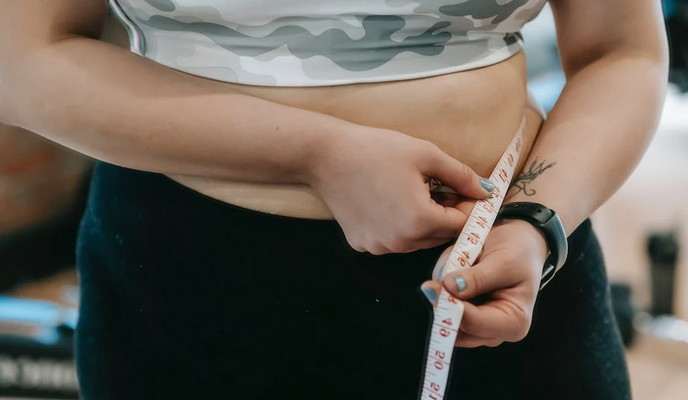Building muscle is a goal that many fitness enthusiasts strive for. The thought of sculpting a strong, chiseled physique can be incredibly appealing. Many even choose to exercise excessively while taking the best creatine for men just to achieve their body goals.
However, there can be potential health risks associated with excessive muscle building exercises. While exercise is generally beneficial for overall well-being, pushing the limits too far may lead to various health conditions. Let’s find out why and how it happens here.
Hormonal Dysfunction
Hormonal dysfunction is one of the possible health risks that can occur with excessive muscle building exercises. When we engage in intense workouts and push our bodies to their limits, it can disrupt the delicate balance of hormones within our system, including testosterone, cortisol, and insulin-like growth factor 1 (IGF-1).
While resistance training has been shown to increase testosterone temporarily, overtraining and extreme muscle-building exercises can actually result in a decrease in testosterone production. This hormonal imbalance can affect various bodily functions such as metabolism, mood regulation, and reproductive health.
Increased Cardiovascular Stress

While exercise is generally considered beneficial for heart health, pushing your body to its limits with intense weightlifting and high-intensity workouts can have negative effects on your cardiovascular system. Engaging in prolonged and intense weightlifting sessions can lead to a significant increase in blood pressure.
This constant elevation of blood pressure during workouts puts extra strain on the walls of your arteries and increases the workload of your heart. Over time, this could potentially lead to hypertension or other cardiovascular issues. Additionally, heavy lifting and explosive movements can cause a sudden spike in heart rate, putting additional stress on your cardiovascular system.
Chronic Injury
Engaging in excessive muscle building exercises can put a significant amount of strain on your body, increasing the risk of chronic injuries. When you constantly push yourself to lift heavier weights or perform more repetitions, you may be placing undue stress on your muscles, tendons, and joints. This is even worse if you don’t listen to your body. One common chronic injury that can result from overtraining is tendonitis, a condition that occurs when the tendons become inflamed due to repetitive movements or overload. The constant stress placed on the tendons during intense workouts can lead to micro-tears and inflammation. Aside from this, there could also be joint pain, osteoarthritis, and even muscle imbalances. So moderation is always a must.
While regular exercise and strength training can have numerous health benefits, be aware of the potential risks associated with excessive muscle building exercises. Hormonal dysfunction, increased cardiovascular stress, and chronic injuries are all possible consequences that should not be taken lightly. Finding balance in your fitness routine will not only benefit your physical health but also contribute positively to your overall well-being. Stay consistent yet mindful in your pursuit of strength gains – remember that moderation is key.…





 Getting into the formula, first, we are going to talk about calorie intake. We can count our daily calorie intake based on the meals that we consume daily. Our daily calorie needs are different and depend on gender, age, and level of daily activity. What we consume on the day should fulfill the bottom limit of our daily calorie needs. But what usually happens, in reality, is that we tend to consume food that is high in calories. To make sure you minimize the calorie intake, you may opt for a meal prepping rather than buying food from a restaurant. But meal prepping can be a hassle and time consuming for some people. Therefore we suggest you opt for ready to eat weight loss products. You can find many weight loss product in the market as your daily food replacement. But make sure that you find a product that is trusted, like choco lite over here.
Getting into the formula, first, we are going to talk about calorie intake. We can count our daily calorie intake based on the meals that we consume daily. Our daily calorie needs are different and depend on gender, age, and level of daily activity. What we consume on the day should fulfill the bottom limit of our daily calorie needs. But what usually happens, in reality, is that we tend to consume food that is high in calories. To make sure you minimize the calorie intake, you may opt for a meal prepping rather than buying food from a restaurant. But meal prepping can be a hassle and time consuming for some people. Therefore we suggest you opt for ready to eat weight loss products. You can find many weight loss product in the market as your daily food replacement. But make sure that you find a product that is trusted, like choco lite over here. The second thing you need to do to
The second thing you need to do to